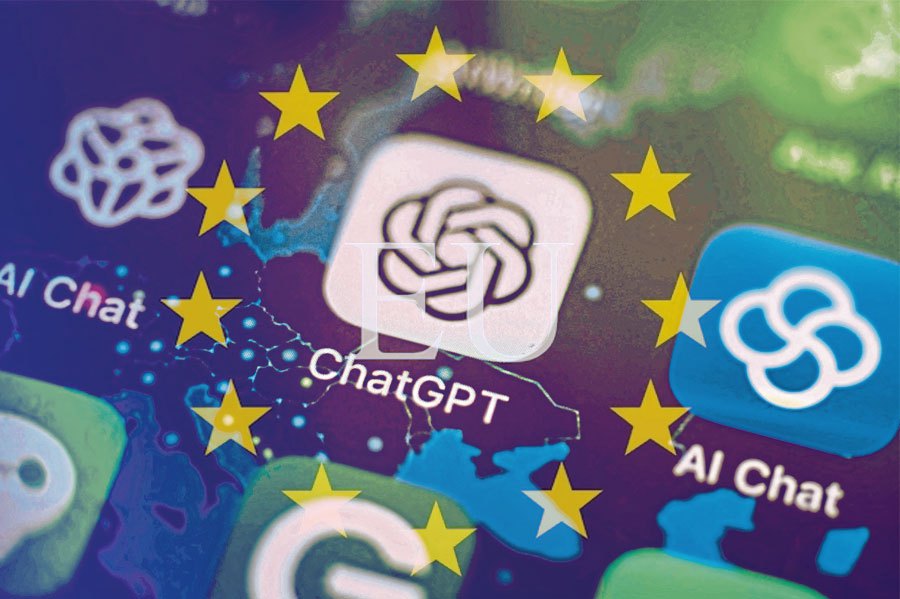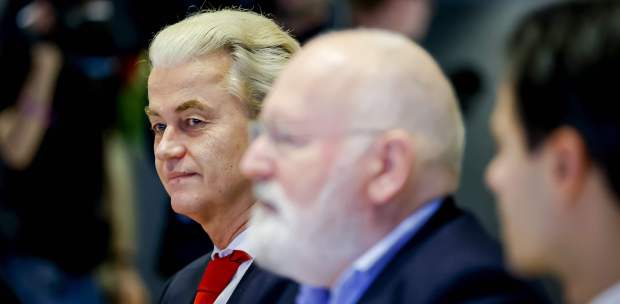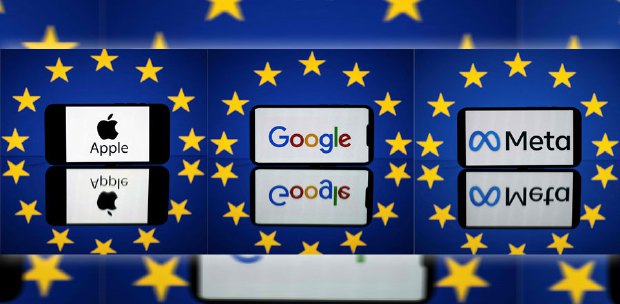The world's first law on regulating artificial intelligence, or AI, will soon be in the statute book. It could be as soon as February or March.
And the surprise is it is not drafted and debated in the United States — the nation that gave the world its first Silicon Valley. It is the product of the European Union. Not bad for a continent regarded as a laggard in technology.
While the rest of the world is still debating the risks and rewards of AI, the EU has moved ahead, with what it thinks is the most comprehensive piece of legislation on the technology.
But being first doesn't just mean reaping the rewards of innovation. It also means creating an unsafe environment, for not just the EU, but for the rest of the world. Let's not forget that this is a world full of rogues.
Laws, be they municipal or international, mean little to them. Take the case of the supposedly law-abiding technology titans. They are known more for breaching the law than respecting it.
Just count the number of times the tech titans have been fined by the EU or have been hauled up to senate hearings.Truth be told, they make their own laws as they go along. But this is just about the titans. The rogues are worse.
There is no denying that AI brings with it new promises. AI-powered software that can tell what diseases lurk in the human body and recommend cures that conventional medical tools can't.
Then there are the ChatGPTs of the world that can analyse texts and write codes. In fact, they can do almost anything we want them to do.
AI has changed computing, too, since its modern advent a decade ago. Look ma, no more tedious tasks. But somewhere there lurk risks, some we can't even imagine, let alone cure.
It is for this reason that tech luminaries led by Elon Musk called for a halt in AI development in June. Worried about the runaway advancement in AI, Musk joined some 1,300 experts — technocrats and scientists — calling for a halt in the development of the technology for six months in an open letter.
Even a more ominous warning is from British computer scientist Geoffrey Hinton, the "shepherd" of the technology: AI could lead to the extinction of humanity. To him, we now have machines that are more intelligent than humans.
A warning such as this, especially coming from the developers of the technology, must be given serious thought. A law that is rushed through just doesn't have the time to give such a threat a deep thought.
How best this proposed AI law of the EU addresses the fear the technology has aroused will be known when it gets through the European Parliament. But a glimpse at the EU digital strategy does reveal some hints.
The European Parliament website says the EU's aim is to ensure better conditions for the development and use of AI. This is the reward argument, which appears to precede the risk argument.
This is not to say the AI law would not address the risks that the technology brings. It does, but only as something that have to be managed. How? More regulation or less. Hinton would have wanted more. So would the rest of the world.





